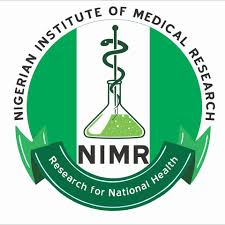Adolescents and young adults’ non-adherence to HIV testing and treatment is a major roadblock to the country’s efforts to meeting the UN’s 2030 target for HIV elimination, says Dr Agatha David.
David, a Director of Research at the Nigerian Institute of Medical Research, spoke with journalists in Lagos during the institute’s monthly media briefing on Wednesday.
She noted that adolescents and young adults with HIV had the worst treatment outcomes and that 40 per cent of new HIV infections occurred within this group.
David, who coordinates the Child and Adolescent HIV Programme at NIMR, said that the HIV testing rate for adolescents and young adults in Nigeria was less than 25 per cent, highlighting the urgent need for comprehensive sexuality education to break the chain of transmission.
David stressed the importance of Nigeria meeting the UNAIDS 95-95-95 targets, describing them as a crucial “lifeline” for the country to achieve its 2030 elimination goal.
The News Agency of Nigeria reports that the 95-95-95 targets is a strategy aiming for 95 per cent of people with HIV to know their status and 95 per cent of those diagnosed to receive antiretroviral therapy, while ensuring that 95 per cent of those on treatment achieve viral suppression.
The expert advocated for optimal adherence to antiretroviral therapy in order to achieve viral suppression, halt disease progression, prevent development of drug resistance, and stop disease transmission to improve the quality of life of people living with HIV.
She said, “Adolescents and young adults are one of the major problems for achieving the 2030 goal for the elimination of HIV in the country.
“Many studies from across the country have shown that when you ask young people about their HIV status, approximately 23 per cent will say they have never tested for the disease.
“We did a study at NIMR and found an astonishing figures of new HIV cases amongst these adolescent and young adults and this shows that we have a lot of work to do.
“The ones we reached and enrolled into care for various reasons do not not use their drugs, this makes the chain of transmission to be high and that’s why this age group is of concern globally, not just in Nigeria.”
She added that adolescents and young adults living with HIV also need mental care to ensure their mental stability, noting that 50 per cent of mental issues begin at that stage and could degenerate if not properly managed.
According to her, some of NIMR’s findings that are in the public domain are yet to be adopted as a national policy.
The director, however, advocated for intensified sexual education for parents, adolescents, young adults, religious bodies, and communities to address the spread of HIV in the country.
(NAN)









